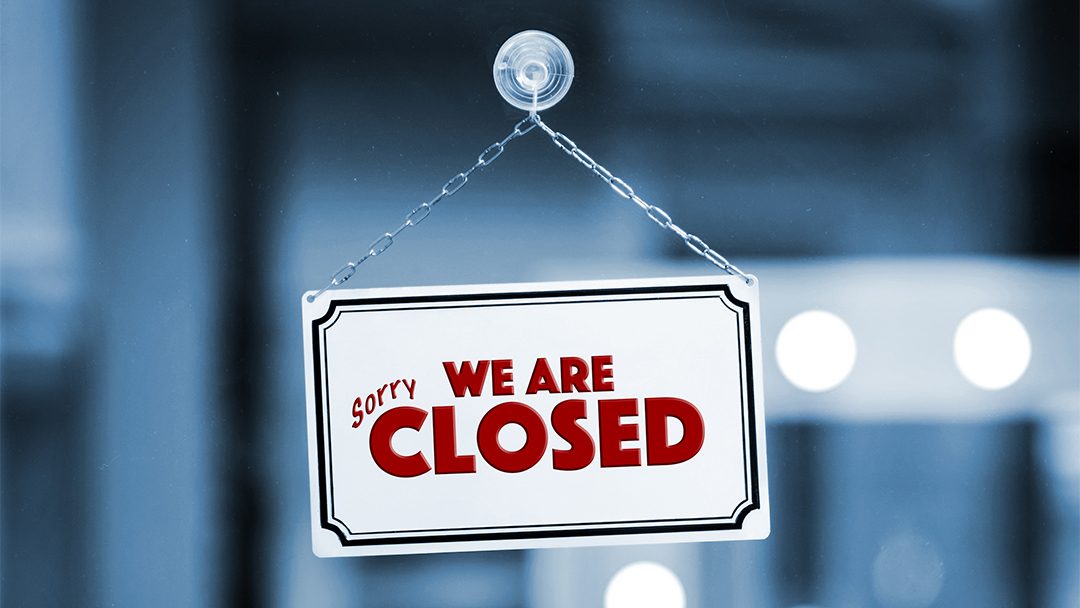We’ve got some bad news folks. The nationwide soft plastics recycling scheme has been suspended. We suspect in the past few weeks many of you have already turned up to your local collection bin with your dutifully cleaned and separated soft plastics, only to find the bin no longer there!
The reason is the same one that plagues all plastic recycling. It just hasn’t been viable. Our soft plastic was getting transported to Australia where there’s a company that has the specialised equipment to recycle it and produce plastic bollards, picnic tables, bench chairs and other similar items. However, there was so much soft plastic coming in and nowhere near enough of these items being purchased. Supply massively outweighed demand.
Further pressure was added with China deciding to no longer be the dumping ground for the developed world, leaving Australia with much the same challenges as we have.
It also didn’t help that there were high levels of “contamination”, meaning that people were putting dirty plastics, food, and other materials that weren’t soft plastic into the bins.
There is still hope that the scheme can be revived, but it will almost certainly be provided to a reduced number of regions.
So, where does this leave us? In a bit of a pickle, to be honest. Our only real option for now is to put soft plastics in our rubbish bins to be dumped into landfills.
There was a glimmer of hope when
So what’s the best solution?
Simple. Refuse the plastic in the first place. Turn off the demand. If we don’t have any soft plastics waste, we won’t have to worry about it contaminating our environment, breaking into microplastics and making its way into our food, or staying in a landfill for eternity. If you haven’t already done so, check out our blog post ‘Imagine the headache if there was no soft plastic to recycle?’. And to learn more about the challenges of recycling plastics, check out the Recycle section on our website.
Here are our top tips on how to reduce your use of soft plastics:
1. You won’t believe it… always take a bag shopping.
2. Replace plastic cling film with reusable beeswax wraps (cheap, and easy to make) to wrap your sandwiches.
3. Use a reusable container to store your leftovers, rather than wrapping in cling film (or wrap in a beeswax wrap where feasible).
4. Don’t buy produce that comes in plastic.
5. Shop at stores, butchers, and/or markets where you can refill your own containers.
6. Use reusable produce bags for your fruit and veges (look on YouTube for videos on how to make your own) or simply put your produce straight into your basket, shopping trolley, or reusable shopping bag.
7. Buy fruit and veges from a local farmer or delivery service that doesn’t use plastic packaging.
8. Grow your own fruit, vegetables and herbs.
9. Choose products that come in recyclable materials (cardboard, glass, tin, aluminium), or compostable packaging if you have access to a compost. (Just check whether it is home compostable or commercially compostable, as the later won’t compost in your home compost because it requires high compost heat to biodegrade.)
